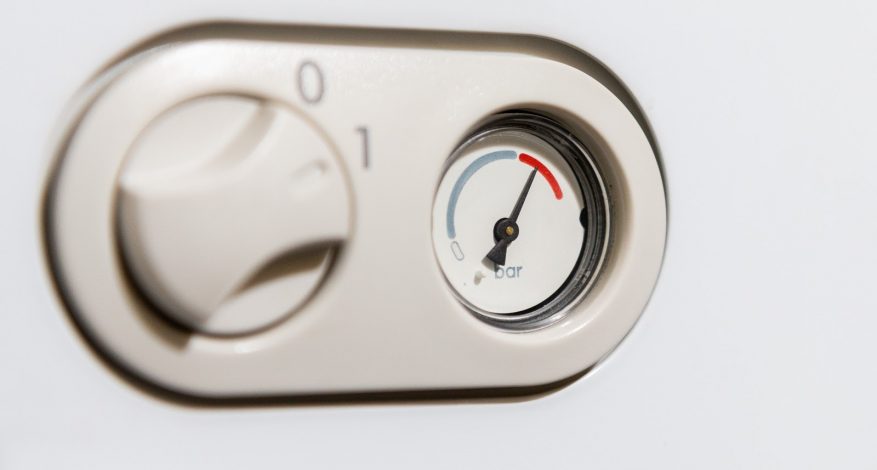A faulty boiler can be an annoyance, to say the least; no one wants to come home to no hot water or poor heating through your radiators. While frustrating, many of these issues can be resolved with regular maintenance from a gas safety engineer.
The reasoning behind these faults can vary but some can be far more dangerous, and indeed, life-threatening if you aren’t aware of them and are able to spot them.
Make sure you know how to spot when your boiler may be unsafe and the necessary next steps that should be taken:
What should I do if my boiler is leaking?
Your central heating system may be responsible for transporting water around your home, but by no means should it leak at any point.
A leak is typically a sign that an internal part of the boiler has failed and needs repairing, so don’t ignore any signs of a leak – turn off your boiler for the time-being to prevent the risk of anything short-circuiting and contact a gas safety engineer as soon as possible.
What should I do if my boiler’s pressure is too high?
The correct amount of pressure is important for your boiler to be able to circulate hot water through your system correctly. If it’s too low, it simply won’t have enough power to do – but what if it’s too high?
Unlike what television may have led you to believe, high pressure on a boiler is unlikely to cause it to dramatically explode. Most modern boilers have pressure release valves that automatically lower the pressure should it get too high. However, it is important to ensure these valves are kept in top condition to ensure they do work effectively should they ever need to lower your boiler’s pressure. If in doubt, contact a gas safety engineer.
What should I do if the pilot light on my boiler is yellow?
Perhaps the most dangerous fault to be aware of is if you spot that the pilot light on your boiler has turned yellow. This indicates that too much air is getting into the boiler system, which in turn can produce a potentially lethal gas known as carbon monoxide.
It can be lethal due to its difficulty to detect easily; it is both colourless and odourless. However, exposure can cause headaches and nausea so if you feel any of these symptoms, be sure to check the pilot light on your boiler. If in doubt, turn off your boiler, exit your home and contact a gas engineer immediately as prolonged exposure to carbon monoxide can be fatal.
Keeping your boiler safe
Unless you have a particularly old boiler that hasn’t had a maintenance check in a long time, your boiler is unlikely to suffer from any of these faults. However, looking after your boiler is important to ensure its longevity and prevent any bigger issues from emerging down the line.
To keep your boiler working at its best, our engineers are available and on hand in the Ashford and wider Kent area. Give us a call today to find out how we can help.

